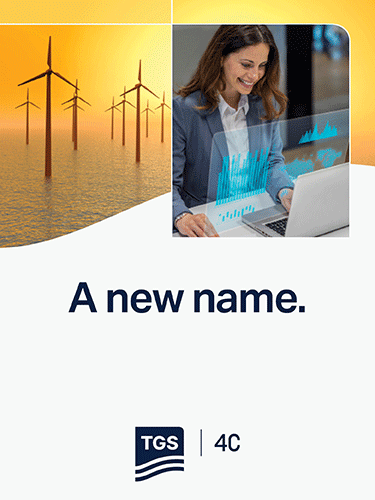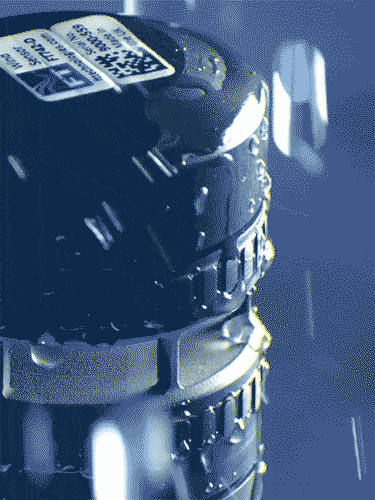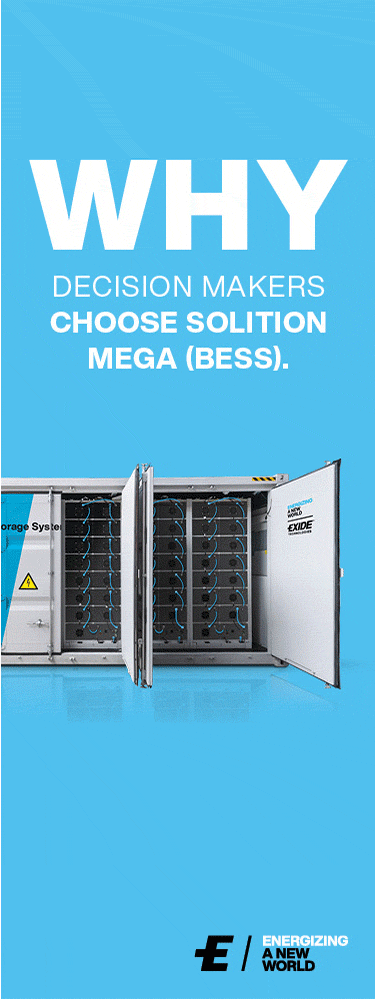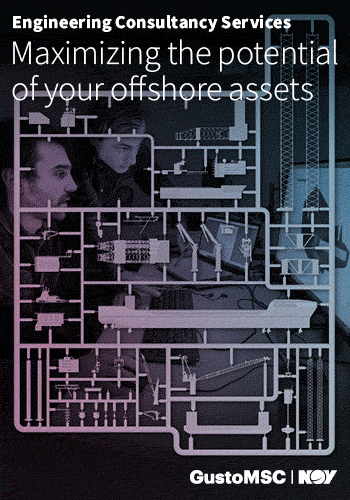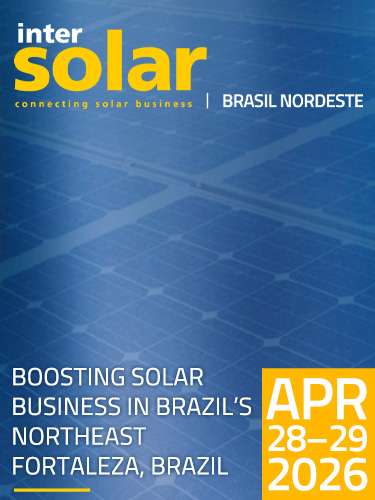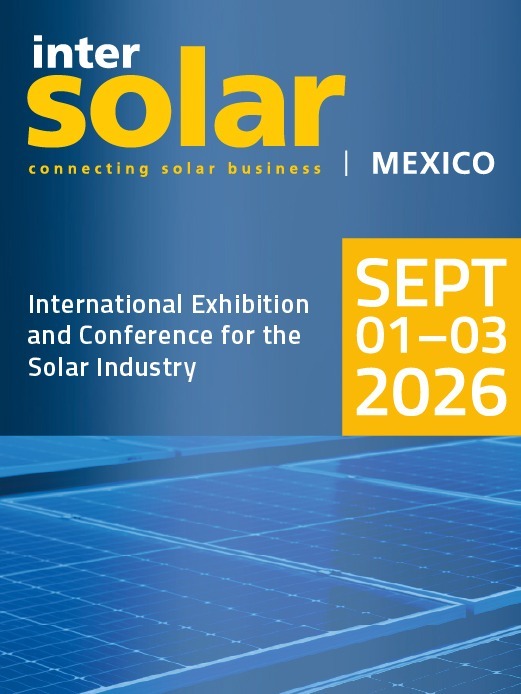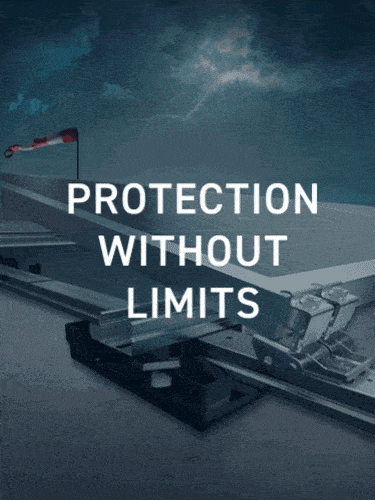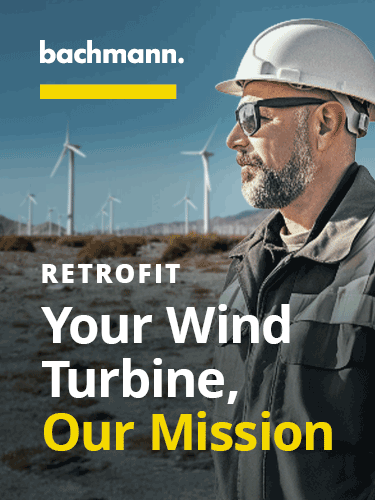News
Achieiving net-zero in the world of global manufacturing
When we measure carbon footprints, certain large industries capture much public scrutiny, including energy, iron and steel production, transportation, and construction.
But there’s another less obvious sector that has significant environmental impact. Households – representing the average consumer buying everyday things like phones, clothes, furniture, computers, and toys – according to the International Society of Industry Ecology account for more that 60% of global emissions.
While the complexities of this sector have proven difficult for governments to tackle, specialised individuals are stepping up to the challenge. Professor Peter Ralph from the Faculty of Science at the University of Technology Sydney (UTS) is one example. He says, “I’m a research scientist by background, but my goal is to use science to help all industries decarbonise.”
Professor Ralph’s research uses algae to remove carbon from the atmosphere and integrates it into industrial production processes. “Effectively,” he explains, “I’m remaking the things people want and need using net zero technologies.”
Achieving net-zero in the world of manufacturing is the next topic of discussion in the UTS Global Game Changers series, entitled The Big Carbon Rethink.
On 8 August, Professor Ralph will sit down with Vice President of Manufacturing at global technology conglomerate, Siemens, Dr Gunter Beitinger; co-founder of innovative plastics-alternative company Uluu, Dr Julia Reisser; director of brand and marketing at iconic Australian swimwear group Piping Hot, Amy Low; and fellow UTS researcher and marine ecologist, Dr Alex Thomson.
With well-known ABC ‘War on Waste’ host, Craig Reucassel, leading the conversation, discussants will examine factors driving consumer behaviour and enabling companies to transition to net zero.
“We recognise,” says Piping Hot’s Amy Low, “that a successful transition is as much about creating a sense of value in the product as it is about eliminating emissions in the production process. Industry structures and the way we consume products both need to change.”
In pursuit of the most innovative and sustainable outcomes, Piping Hot Australia has commissioned the UTS research collective directed by Professor Ralph – The Climate Change Cluster (C3) – to develop a new biomaterial derived from algae that can sequester carbon from the ocean and reduce the environmental impact of synthetic fibres.
To produce Piping Hot’s environmentally sustainable and popular consumer products, experts representing business, technology, design, and science have gathered. “We’re dealing with complex problems, and the best way we can approach them,” says UTS C3’s Manager of Industry Engagement, Dr Alex Thomson, “is through large cross-disciplinary teams.”
Dr Gunter Beitinger concurs saying, “Due to my different roles and tasks at Siemens, the Estainium Association, and as a member of the World Economic Forum, I have had the opportunity to listen to many interest groups to understand them better. What I have seen when it comes to carbon emissions is that the only way to make a powerful impact is if governments, private sectors, independent organisations, and academia work together and collaborate.”
Innovative Western Australian company, Uluu, co-founded by Dr Julia Reisser, is another example of scientists applying their expertise in the world of business. An oceanographer who specialised in ocean plastic pollution, Dr Reisser was one of the early founding members of The Ocean Cleanup, a Dutch not-for-profit developing technology to remove plastic from the seas. Determined to do more than “simply tackle the symptoms of plastic pollution”, Dr Reisser examined the market saw that unlike renewable energy, “there were no persuasive alternatives to plastics made from fossil fuels. So,” she says, “I decided to try to produce a material that acts like plastic but is made from seaweed.”
Uluu’s breakthrough product is as innovative as it is sustainable. It can be generated as a rigid substance – think furniture, consumer electronics, and car interiors – and in more flexible forms – think films, foams, and coatings. Its versatility and nature-based durability has caught the attention UTS scientists. UTS and Uluu are now looking forward to an exchange of research ideas.
Professor Ralph and Dr Reisser support collaborative “discovery science”, which explains Reisser “broadens our knowledge and has the potential to be transformational.” Professor Ralph adds, “We both recognise the need for translational R&D, which takes fundamental science and finds a place for it in the market, so UTS and Uluu working together makes sense.”
Even the most challenging of problems seems within reach when expert collaborations come into effect. Take for example Scope 3 emissions. Notoriously tricky to measure and track, Siemens has developed a process to query, calculate, and transfer Product Carbon Footprint (PCF) data along the supply chain and combine this with a company’s own carbon emissions data. “Siemens cross-industry Estainium network,” explains Dr Beitinger, “is linking up manufacturers, suppliers, customers, and others in the supply chain to exchange the ‘whole picture’ PCF information set.”
Professor Ralph explains, “Once a manufacturer knows which components of its product have the highest embodied carbon, they can look to source lower carbon equivalents and reduce the PCF. In general, we need more visibility of green feedstocks, and sector-wide awareness, not just the more progressive companies. It’s a global project that impacts everyone.”
The upcoming Global Game Changers – the Big Carbon Rethink is one step towards broader public engagement. Join the conversation.
Global Game Changers: The Big Carbon Rethink
8 August
6:00pm (Sydney Time)
F2F in the UTS Great Hall or via Zoom
Expert UTS Contacts:
Professor Peter Ralph, Director of the UTS Climate Change Cluster, email Peter.Ralph@uts.edu.au
Dr Alex Thomson, Industry Engagement Manager of the UTS Climate Change Cluster, email alexandra.thomson@uts.edu.au and mobile +61 (0) 482 164 796
Issued by:
UTS Media Office
M: +61 419 293 261
E: newsroom@uts.edu.au

